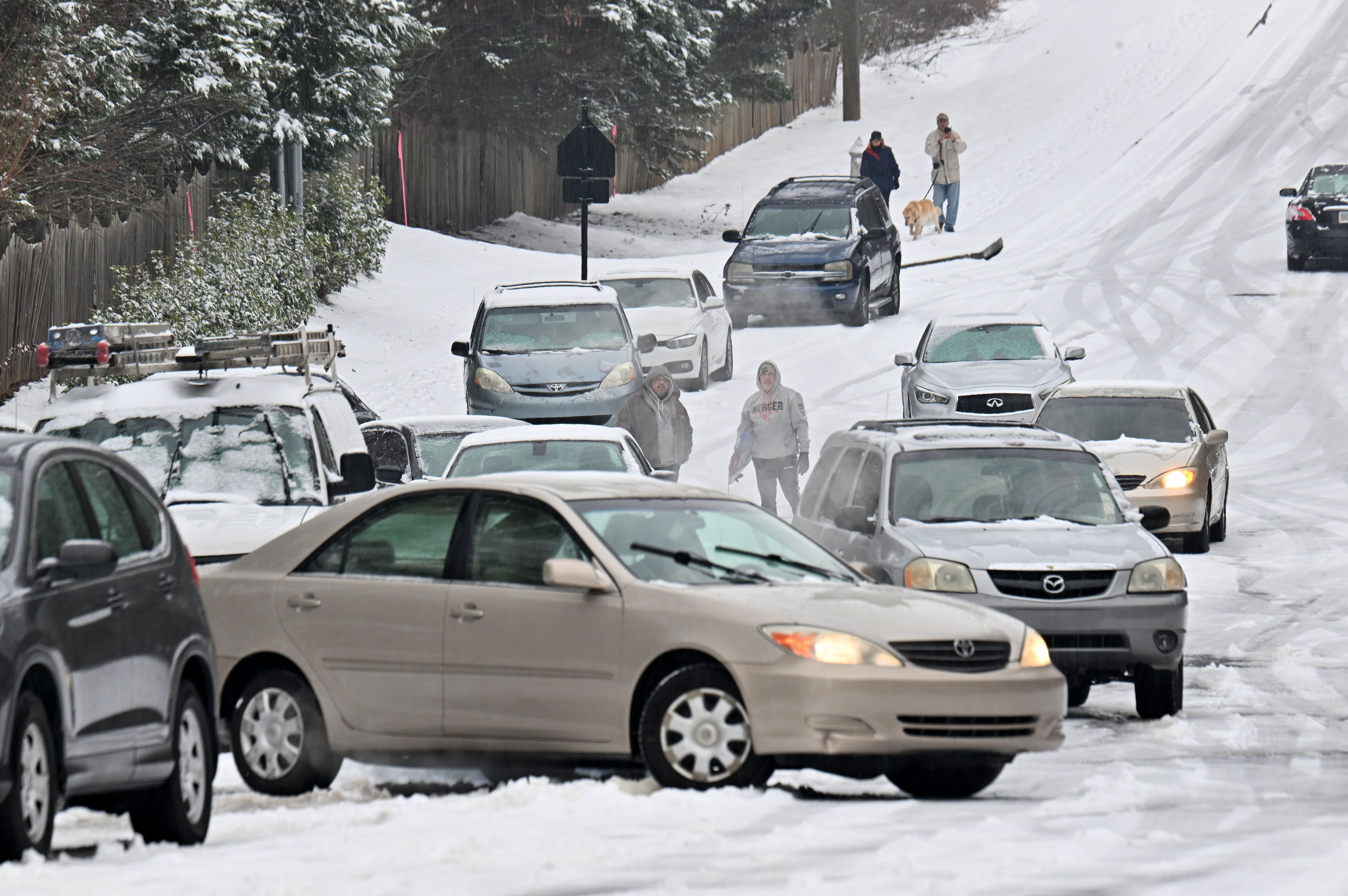Your health care and the election: What do you want to know?

Do you know your stuff? This November, it’s not just candidates on the ballot — in Georgia, important issues are at play that will impact folks across party lines. We’ve talked to voters from the Georgia coast to the northern and eastern borders of our state. And you’ve told us the things that matter most to you: crime and gun violence, economy, health, housing and immigration.
I’m Ariel Hart, I cover health and health care for the AJC. I’ve written stories on subjects like: What do Georgians face when we seek health care? Why is it so expensive? Where does the money go? How can you stay healthy? If you need care, what is being done to make it accessible? Not to mention, half of Georgia counties don’t have an OB/GYN? Seriously?
These are actually big national health care issues, and Georgia is on the front lines. Whoever wins the White House and Congressional seats in November will make decisions about the nation’s health care. How that plays out in Georgia depends on how you mark your ballot on Nov. 5. State legislators will be on the ballot too.
But here’s a question: What do you really want to know about health issues before you cast your vote?
Ask your questions below. We will answer your top submitted questions ahead of the election. Let us help you know your stuff.

But to give you a head start, here’s what you should know:
Fact 1:
Georgia ranks well below average or even among the worst states in the nation for health care in measures including the number of doctors available; how quickly lung cancer is diagnosed; how often people die early; and the rate of preterm births. At the same time, Georgia has health care resources that are nationally recognized, like the Centers for Disease Control and Prevention and Emory University.
Fact 2:
In addition to the state, the federal government plays a huge role in health care. The federal budget lowers premium prices for health insurance offered on the Affordable Care Act marketplace; helps fund basic clinics across the state; and helps fund Medicaid insurance for some poor, disabled and elderly people.
Fact 3:
Georgia is one of 10 states that have declined to expand Medicaid health coverage to all poor adults. That means that there are about 290,000 Georgia adults that earn below the poverty level but still don’t have insurance because they fall in a “coverage gap,” according to the Georgia Budget and Policy Institute and the Urban Institute. They don’t qualify for insurance assistance like traditional Medicaid or ACA plans. That contributes to Georgia being the third-worst state in the nation for the number of uninsured residents, with 11.7% of Georgians lacking health insurance.
_



